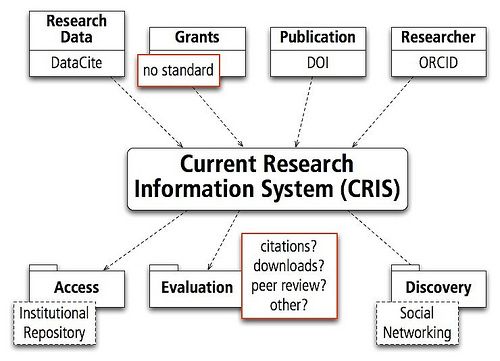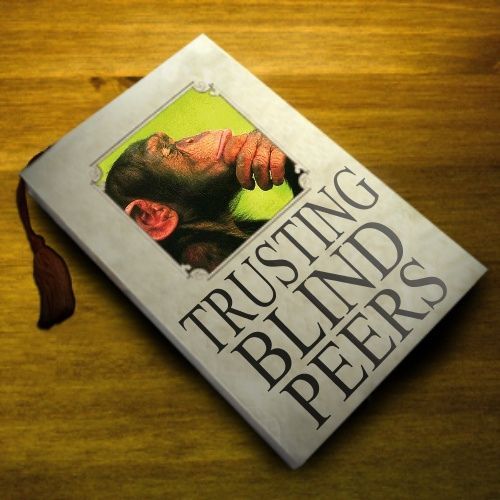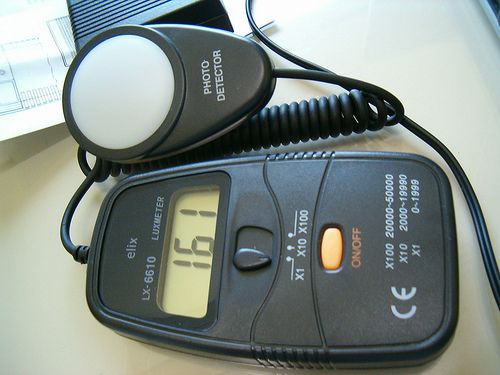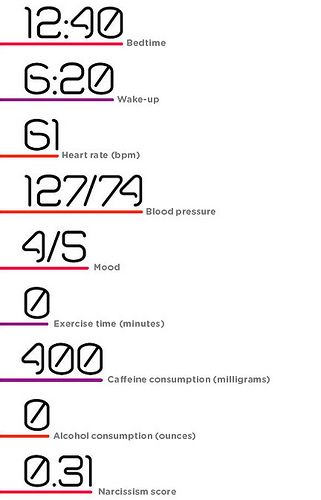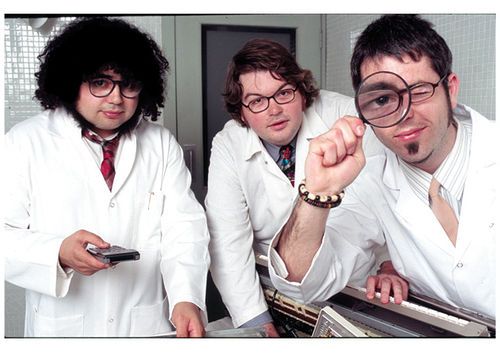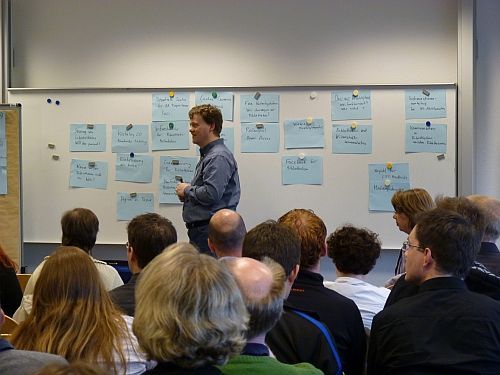
Last weekend was BibCamp Hannover, a “BarCamp for librarians and other hackers”. If you understand German, you can read about the sessions, discussions and people in the Blog, Wiki, and FriendFeed Room. And Steffi Suhr wrote a nice post about The most beautiful library in the world in her Nature Network blog.
